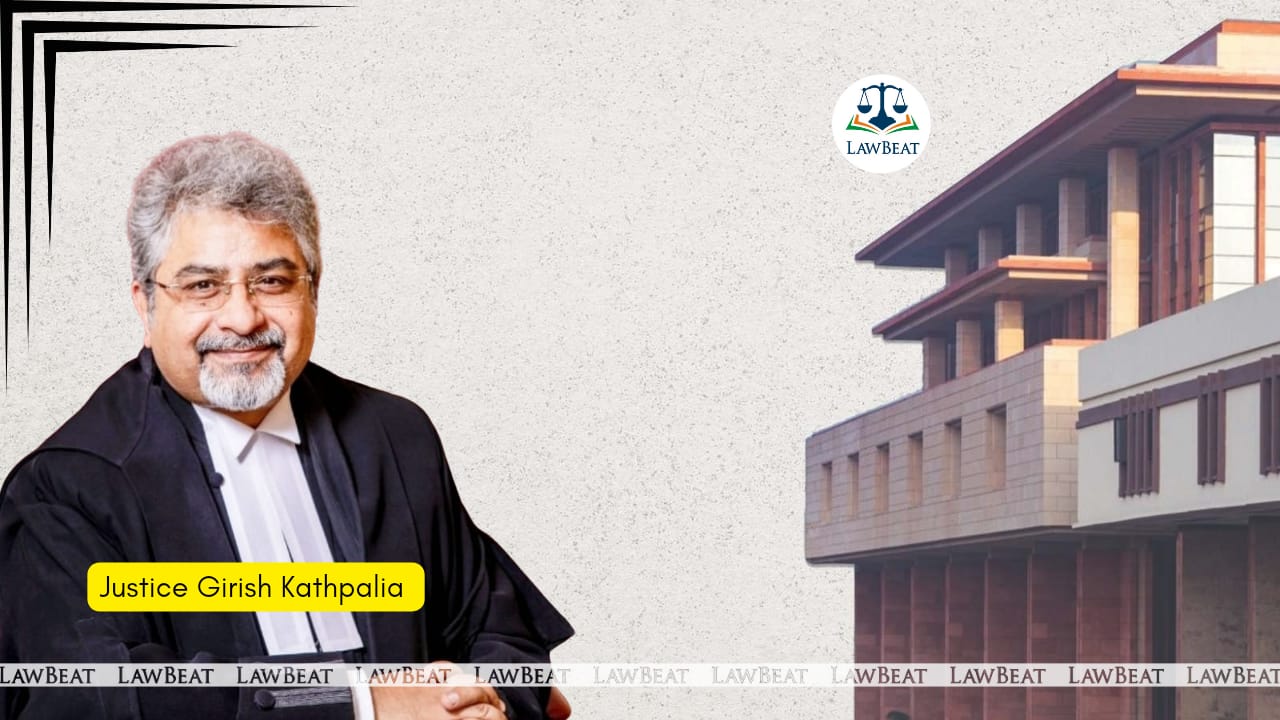Educated Litigant Is Expected To Keep Track Of His Litigation: Delhi HC

The court emphasized “An educated litigant is expected to keep a track of his litigation. In the present case, the appellants are not illiterate or semi literate rustic individuals. The appellants are a registered NGO and its senior functionaries, so cannot be expected to not keep a track of the lis”.
The Delhi High Court, recently, held that an educated litigant cannot evade responsibility of monitoring their cases solely by engaging legal counsel. Emphasizing that the protection available to illiterate laypersons in cases of procedural lapses could not be extended to well-informed individuals, corporate entities, or government bodies, the court underscored the duty of litigants to remain vigilant about their cases.
The bench of Justice Girish Kathpalia held, “An educated urban litigant cannot claim same protection of this rule as extended to an uneducated rustic litigant in the sense that where the latter completely banks upon his counsel and fails to keep a track of his litigation, it is understandable, but it is not understandable where the former does so”.
The appellants, a registered NGO along with its President and Secretary, sought condonation of a delay exceeding one year in filing an appeal under Section 96 CPC against a money recovery judgment. While the appellants claimed a delay of 562 days, the Court Registry recorded 565 days. It was contended that the delay resulted from the professional misconduct of their previous counsel and their lack of familiarity with legal procedures.
Additionally, Advocates Mir Adnan Zahoor and Akhil Bharat Kukreja argued that the Trial Court failed to grant the NGO a hearing before passing the impugned judgment. Referring to the order sheet dated 13.04.2023, it was asserted that only a proxy counsel appeared, seeking adjournment due to a bereavement. It was also claimed that the judgment was passed by a quorum non judice.
The court noted that the NGO’s claim that it was denied a fair hearing by the Trial Court was inconsistent with the order. The court observed that the NGO failed to submit order sheets to show the adjournments granted.
The court further noted that the Trial Court did not unilaterally close arguments after hearing one side. When a litigant attempts to delay proceedings, courts may allow them to file written arguments or address arguments on another date, as was done in this case. The appellants, however, failed to utilize this opportunity.
Regarding the issue of condonation, the court noted that the NGO justified the delay by alleging that their former counsel had kept them uninformed. The court noted that while litigants should not always suffer due to their counsel’s mistakes, this principle is not absolute.
The court highlighted that each case must be assessed individually. This protection may apply to illiterate litigants who rely entirely on their counsel but does not extend to educated litigants, corporate entities, or government bodies.
It was emphasized that a litigant cannot claim ignorance merely by appointing counsel; they must monitor their case. More significantly, if a litigant alleges professional misconduct by their counsel but takes no action against them, their claim lacks credibility. Accepting such an allegation without evidence would unfairly condemn the former counsel without a hearing.
The court also noted that the appellants, being a registered NGO and its senior functionaries, could not claim the same leniency as an uneducated litigant. The court emphasized the NGO's duty to track their litigation and dismissed the application seeking condonation.
For Petitioner: Advocates Mir Adnan Zahoor and Akhil Bharat Kukreja
Case Title: Jan Chetna Jagriti Avom Shaikshanik Vikas Manch v Anand Raj Jhawar (2025:DHC:934)
